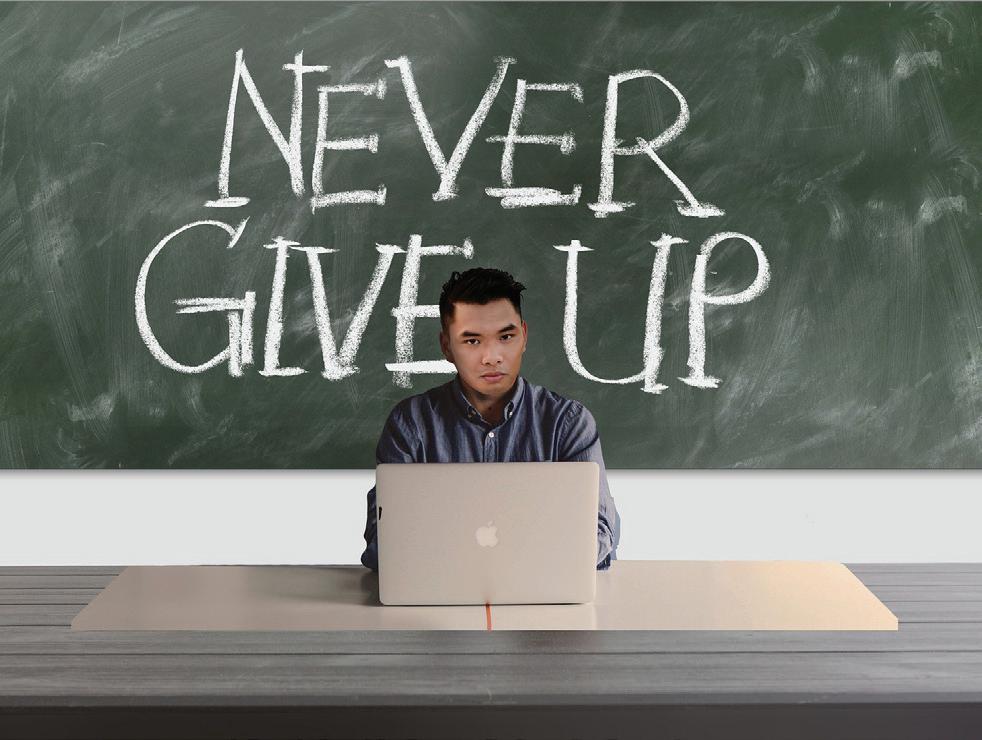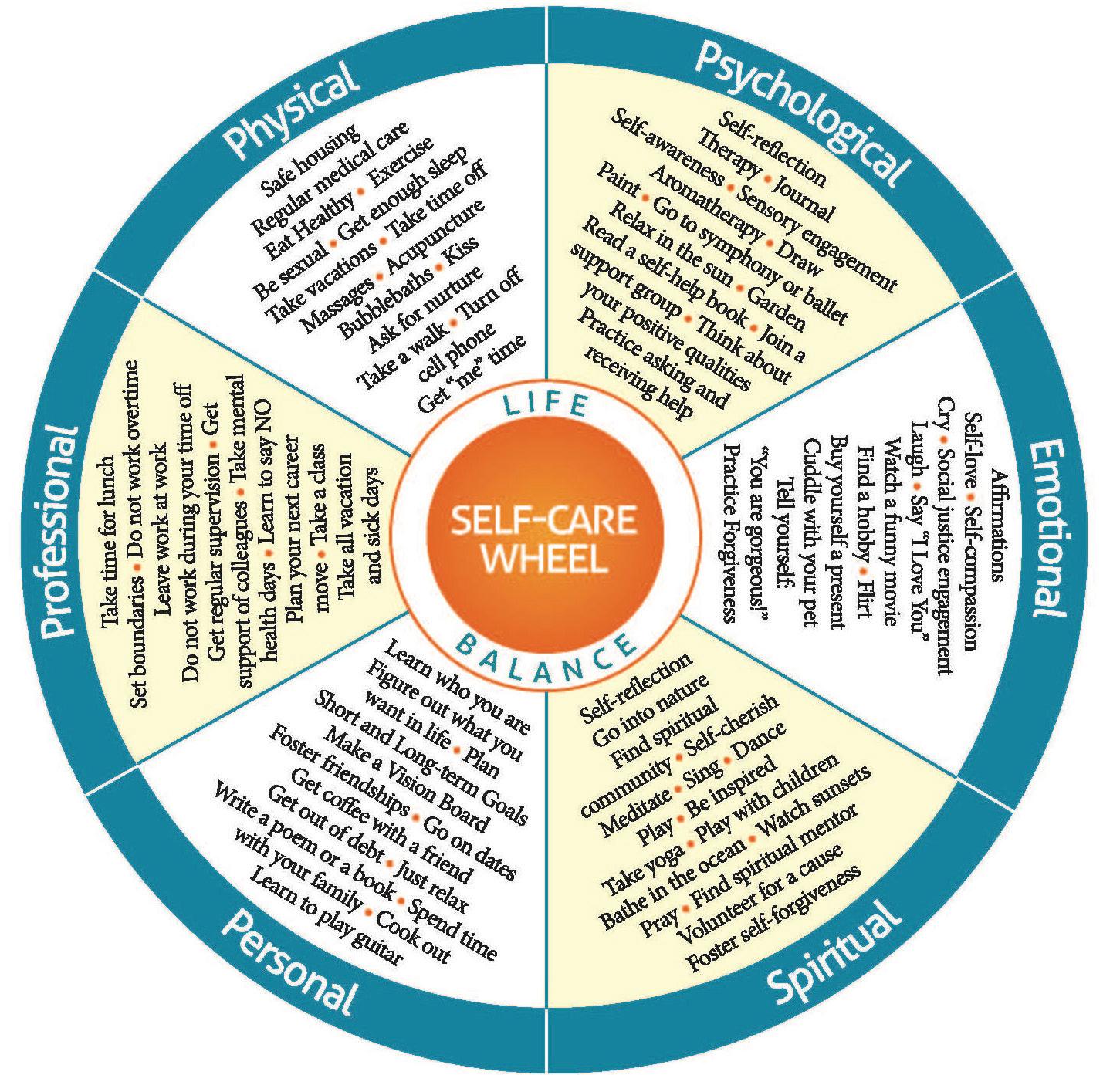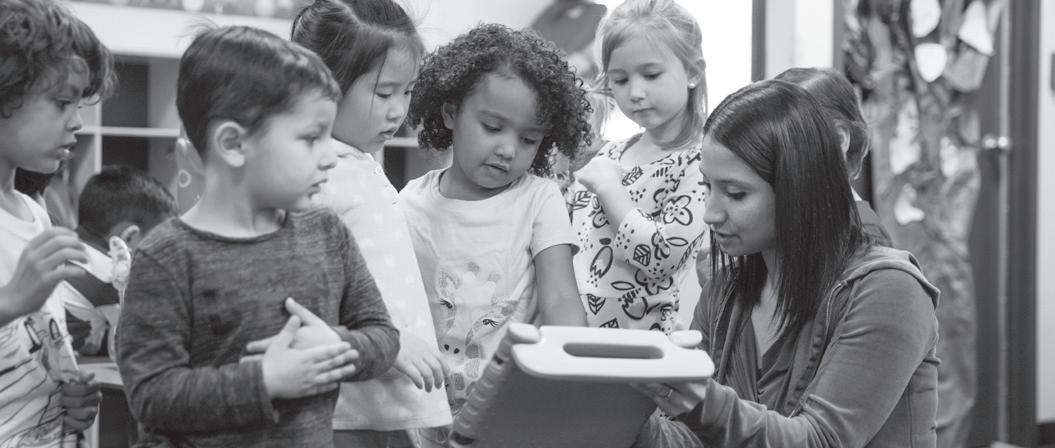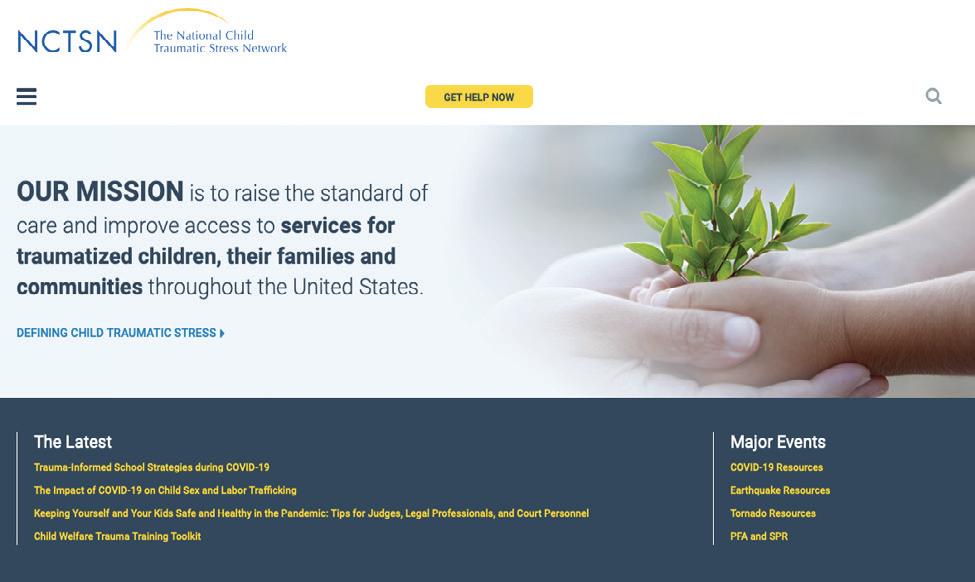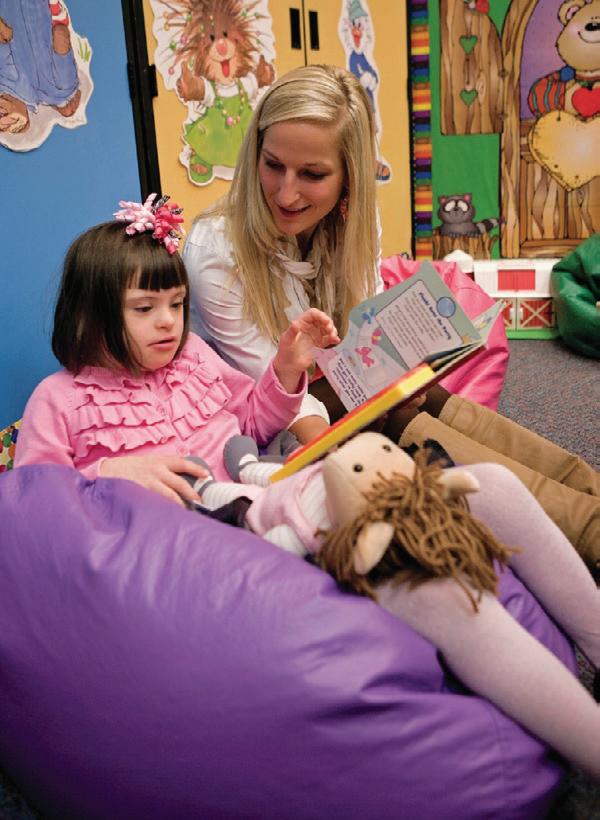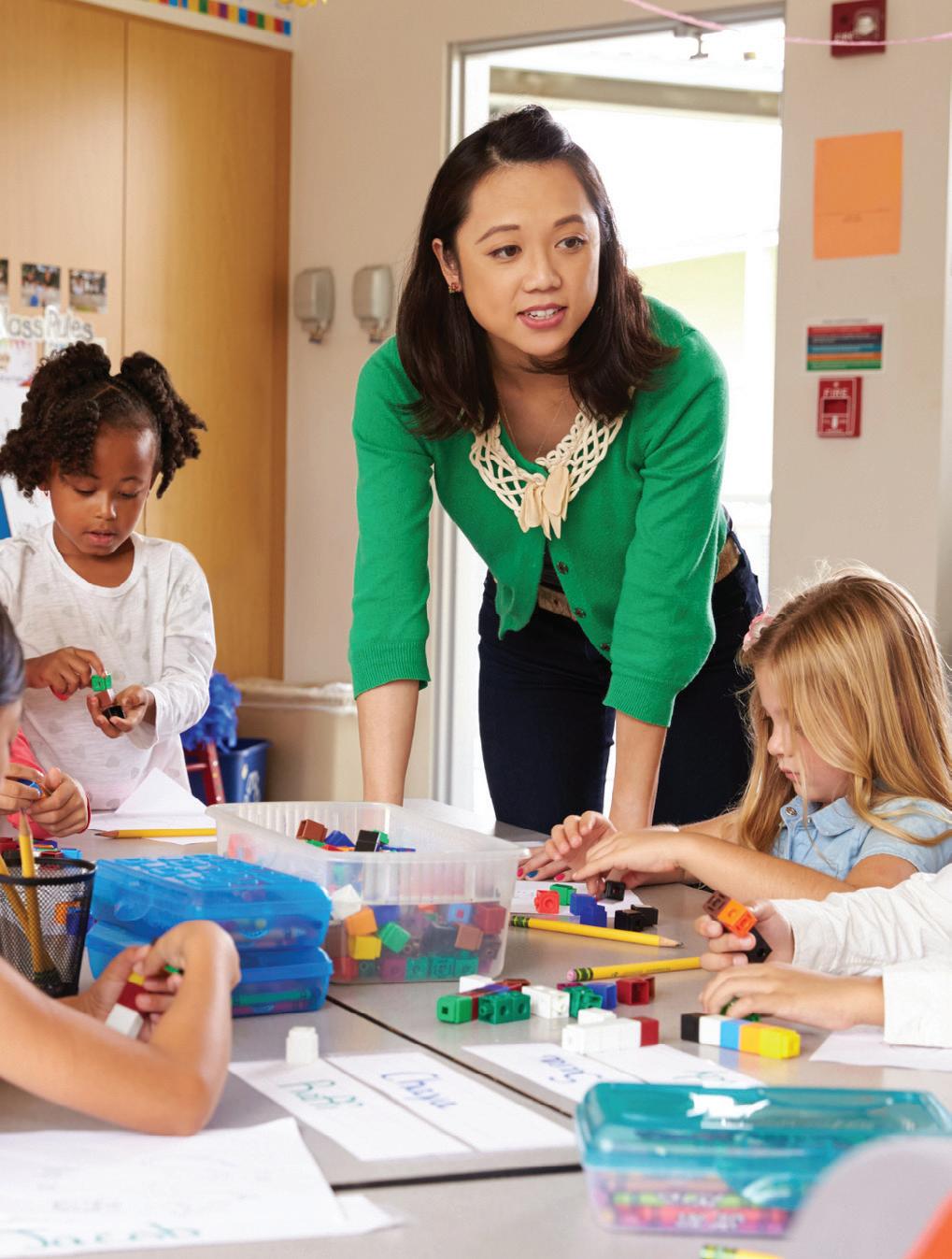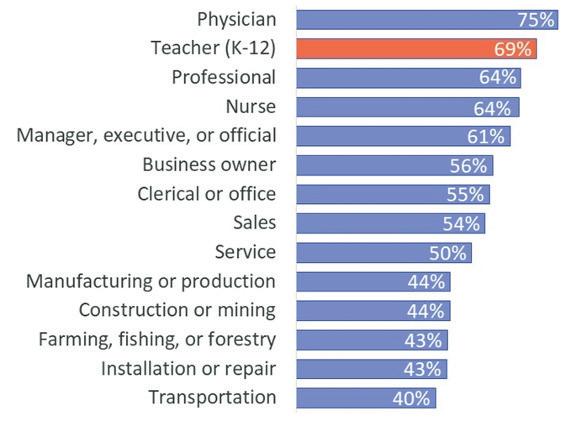Navigating Your First Year of Teaching 88
The Self-Care Imperative for Teachers: Work-Life Balance Matters for a Long, Successful Career Dr. Judi Vanderhaar Dr. Marco Munoz Educational Consultant, Kentucky Department of Education Human Resources/Teacher Retention, Jefferson County Public Schools, Kentucky
T
ogether, we are experiencing a collective trauma that continues to pose formidable challenges to our external and internal worlds. While we humans have great capacity to adapt to changes and difficulties, navigating the demands of teaching students amid great uncertainty and instability can feel overwhelming during a pandemic. Shortly before the COVID-19 shelter-in-place, educators in Kentucky took the impact survey and noted many areas in need of attention. Emotional wellbeing was one of them. Fifty-nine percent of educators reported they were concerned about the emotional wellbeing of their colleagues as a result of their work in schools, and 51% noted they were concerned about their own emotional wellbeing. Additionally, 67% reported that student misconduct disrupts the learning environment in their school. What neuroscience points to is that what appears as misconduct is a symptom of traumatic stress. Mental health experts predict that we can expect both traumatic stress and emotional distress to be even more present in our schools this year due to the pandemic. As a teacher, have you ever thought to yourself, “They don’t understand how stressful my teaching job really is…”? On top of dealing with competing classroom and school demands, so often we have to make split-second decisions that will affect many student lives. While we are taught that we have to be strong in our decision-making, it is difficult not to secondguess ourselves. The stress on our shoulders can be too much to bear at times. Doing something to increase our capacity to cope with the various stressors is clearly necessary at ALL stages of the teaching career, but particularly in the first few years. The rate of educators leaving reached an all-time high in 2018 since recording began in 2001. While many factors are responsible for this trend, the multitude of stressors faced by adults in schools are key contributors. A recent study suggests we are greatly underestimating the magnitude of stress levels among educators; the vast majority (93%) of elementary teachers reported high levels of stress, while only 7% reported having low levels of stress and high coping ability. Poor mental health was also shown to have jumped to “alarming” levels among teachers. When our educators suffer, the entire school community suffers. The need to address care for multiple areas of wellness is more critical now than ever before due to the compounding impacts of the pandemic. Unbeknownst to many, we actually have an ethical obligation to take care of ourselves; in fact, our professions are centered on relationships. If we aren’t taking care of ourselves, how can we take care of those we are responsible for (students and colleagues) in our schools? According to the Association of American Educators (2018) “The professional educator maintains sound mental health, physical stamina, and social prudence necessary to perform the duties of any professional assignment.” According to The American School Counselor Association (2016) ethical standards, school counselors must monitor their emotional and physical health and practice wellness to ensure optimal professional effectiveness. School counselors seek physical or mental health support when needed to ensure professional competence. Additionally, while there is a growing recognition and development of training around supporting students with American Association for Employment in Education
trauma, there should be a parallel recognition and support for addressing secondary traumatic stress among teachers in schools, regardless of their career stage. A 2017 brief from the Substance Abuse and Mental Health Services Administration shares ways that leaders in organizations can support people to reduce the impact of secondary trauma (aka compassion fatigue) and this might be helpful for teacher leaders as well as school administrators. This resource also includes tips for what educators should be on the lookout for and strategies to support themselves. We recommend considering the following to support self-care for yourself and your colleagues. We are all on this together and we need to figure out ways to avoid burnout. Compassion starts with ourselves and that is not selfishness. • We must all learn how to become a true friend to ourselves. We are in this profession because we have an innate compassion for others, but we are often lacking in self-compassion. Consider taking a brief self-compassion test from Self-Compassion.org to gauge where you are and try out some of the site's exercises to help you stay mindful of your own suffering and treat yourself with kindness as difficulties arise. • Encourage your colleagues to take the free Professional Quality of Life test (proQUOL) which allows individuals to assess where they are on compassion satisfaction, compassion fatigue, burnout and secondary traumatic stress. Take time to reflect on this as a person, but also discuss this as a group in your professional learning community. • Ask yourself and those you work with to use the self-care wheel from Olga Phoenix and select at least one item in each area to commit to in support of wellbeing. See Figure 1 below for details associated with the six domains related to this useful self-care wheel. • Access and share free printable kindness cards from the Center for Healthy Minds with practices to promote wellbeing and stress reduction for yourself and for those you work with. Our experience is that simple expressions go a long way in the process of building a caring community of learners. • Consider taking a free self-paced course on managing emotions during times of stress and uncertainty designed for educators by the Yale Center for Emotional Intelligence. • Review and share practices from a brief on maintaining educator wellbeing developed by the Trauma Responsive Educators Project as it offers useful and practical information and resources on supporting wellbeing. • Encourage a weekly wellness check-in with at-home and in-person learners through advisory groups or by assigning adults or peer/buddy mentors to individual students. We want to close by thanking teachers for what they do every day in the classroom. It is amazing to see how they have been able to cope with so many challenges associated with a pandemic. Please never forget that caring for others starts by taking care of yourself.


